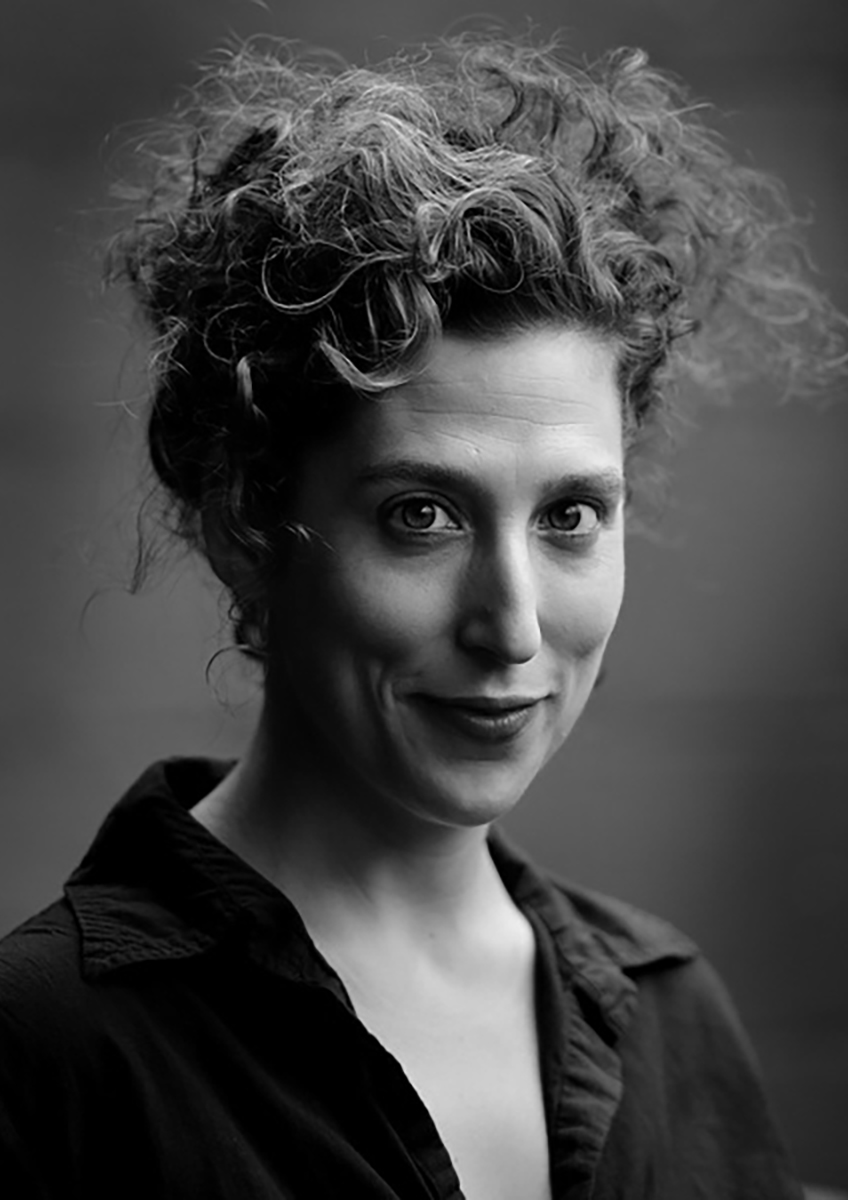- 2023
The VISUAL CULTURE Department welcomes new faculty for the 2023 summer term:
Dr OFRI CNAANI is an artist and researcher who works across media and performance. In addition to her guest professorship at TU Wien, she is a research fellow at the University of Amsterdam. In 2022 she completed her doctoral studies at Goldsmiths, University of London. Cnaani writes about data and coloniality, digital contested heritage, institutional practices in the algorithmic turn, and performance as a model for the creation of critical technology. Cnaani’s work has appeared at the Venice Biennale of Architecture; Tate Britain, UK; Metropolitan Museum of Art, NYC; Inhotim Institute, Brazil; PS1/MoMA, NYC, and Tel Aviv Museum of Art. Cnaani recently co-organized Choreographic Devices, a three-days chorographic symposium at ICA, London and is currently working on a project at the International Space Station (ISS).
The studio led by Ofri Cnaani will use embodied and performance-based methodologies to offer a critical reading of Neufert’s standardized architecture, within the context of the current ‘smart’, data-driven, urban terrain. Inspired by Neufert, the studio will focus on the relation between bodies and space and will pivot around the concept of access. The studio will be organized around several group workshops, in parallel to the development of students’ own projects. During the workshops, we will be using methods taken from performance to explore the relation between the body and new spatial scopes. We will investigate how urban modes of algorithmic infrastructure are crafted to replicable similar protocols first established by Neufert’s seminal book, and study the ways new techno-spatial measures redefine urban normalization.
Performance will be approached as a critical reading method that can expose the temporalities of current physical-political building entanglements. Performance and performative interchanges allow us ways of seeing the systems that organize and govern movement in all of its forms and open up possibilities of the prefigurative politics of anticipatory forms as an enduring space for productive interruptions. Like a public laboratory, this studio brings forward the possibility of using time-based and embodied tools in order to provoke and construct space for civic dialogue. Through experiential workshops and one-on-one sessions, students work on a final intervention that will explore embodied multiplicities and treat accessibility as practice-research: a theoretical, materials and aesthetic world-making practice, and as an invitation to assemble community.
